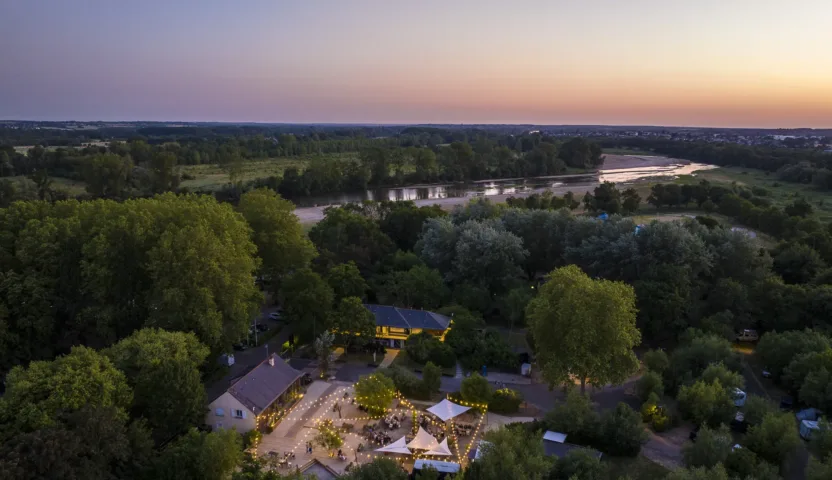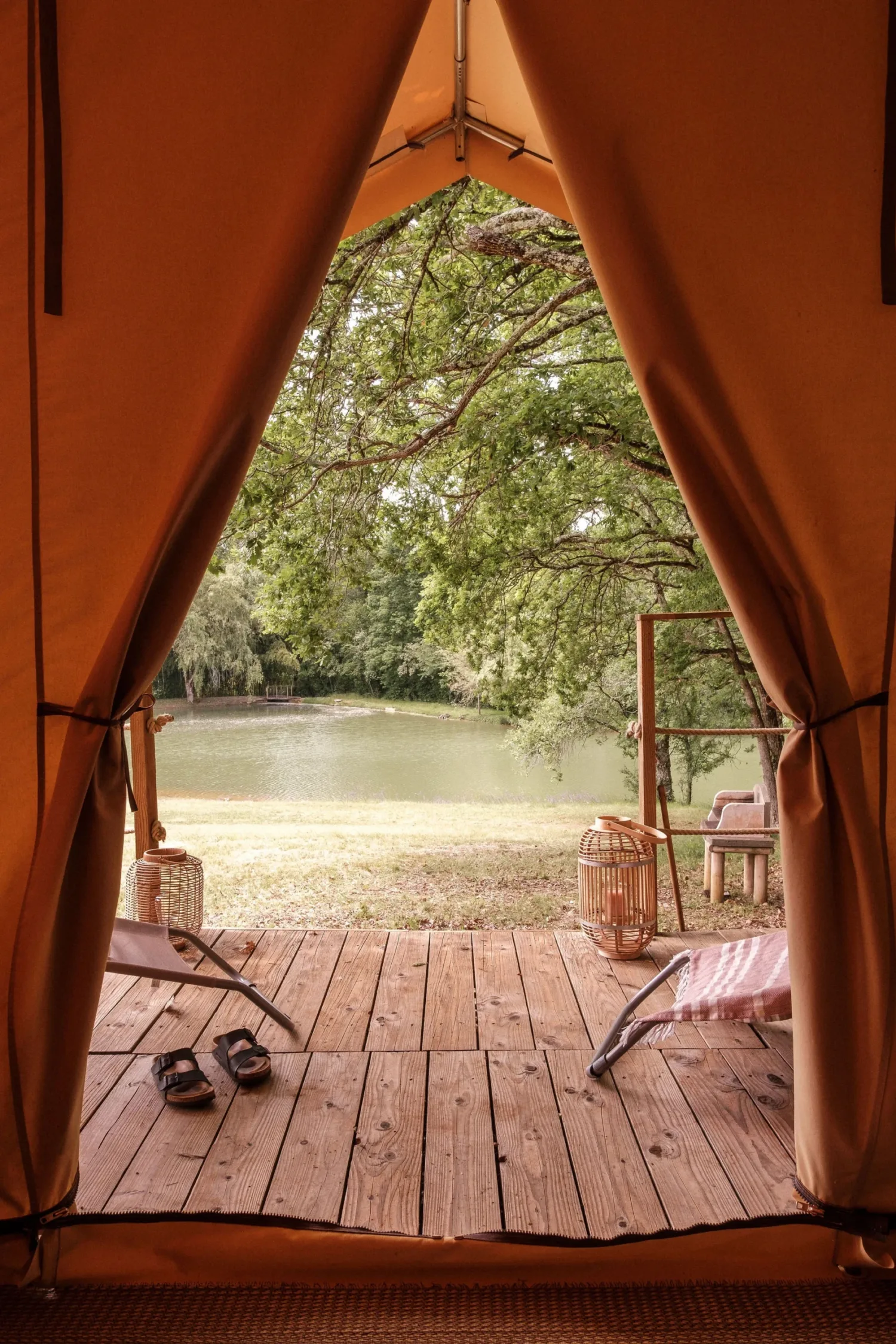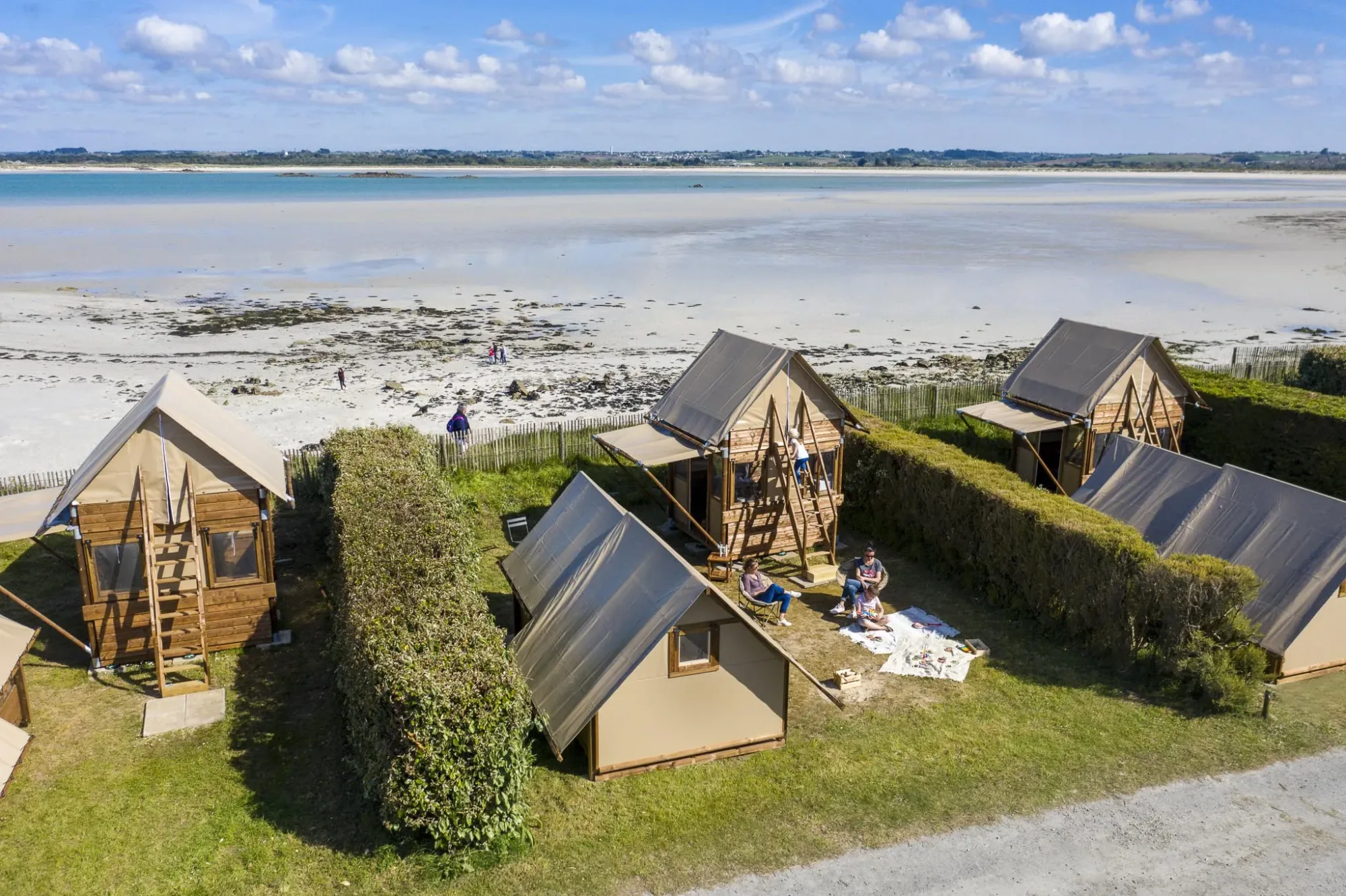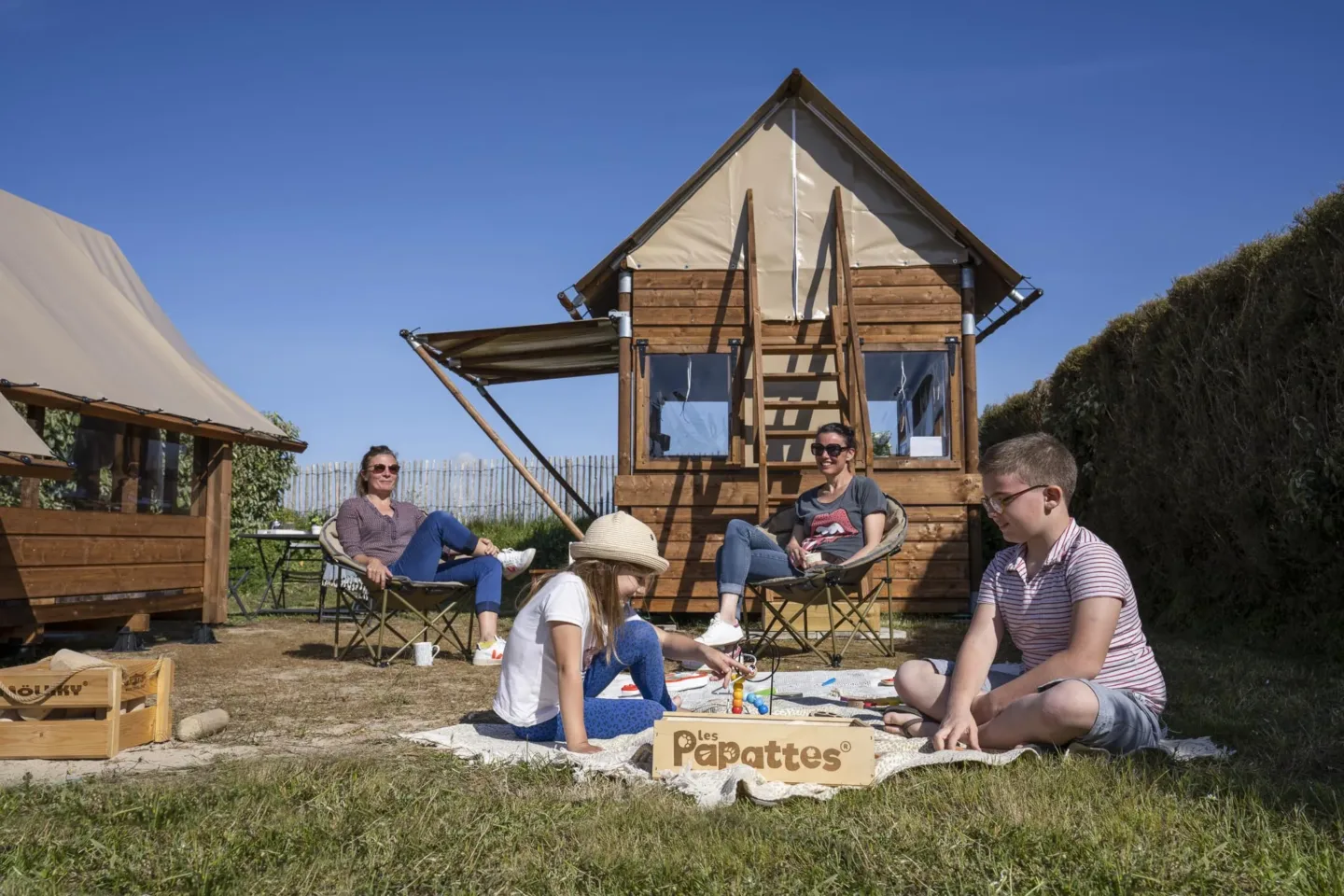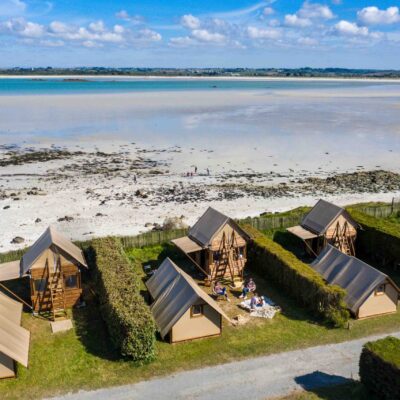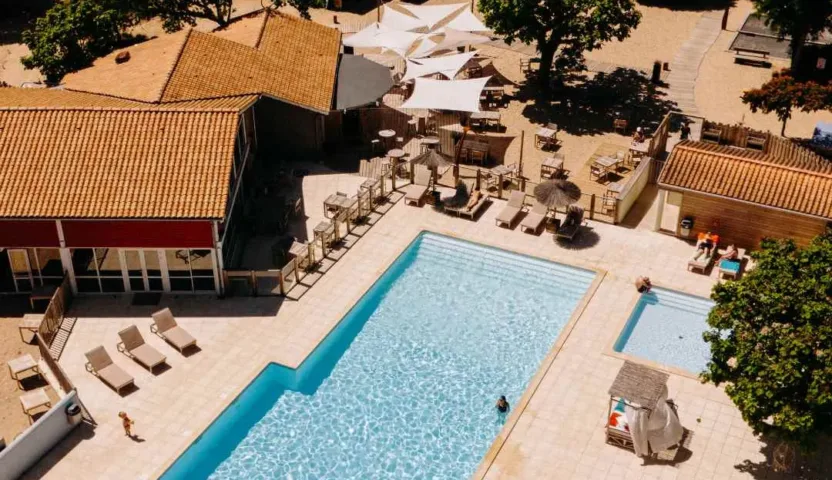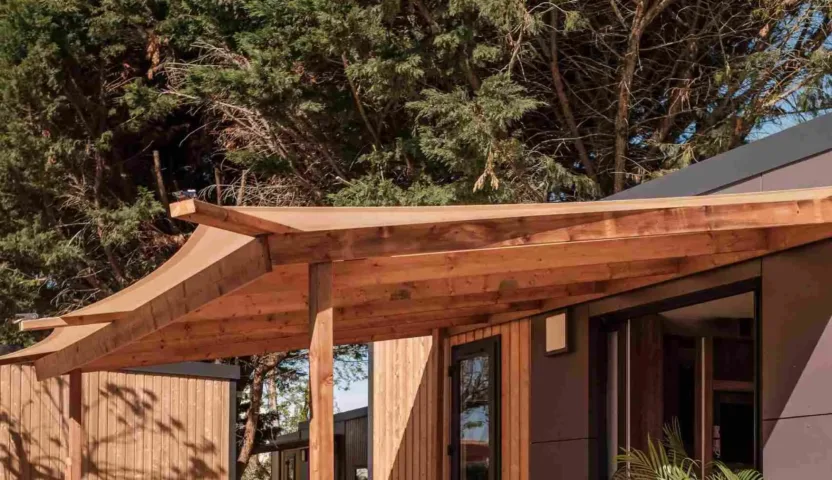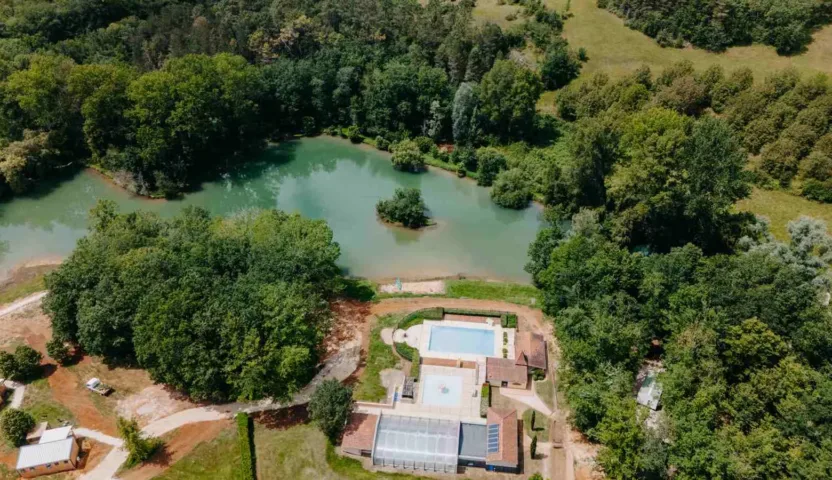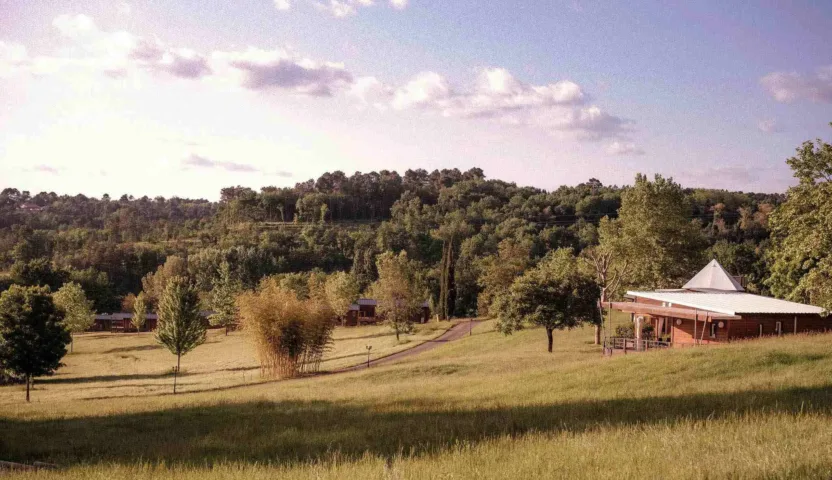Bivouacking: the joys of wilderness camping
Bivouac rhymes with vacations and a change of scenery. So, when you stay at one of our campsites, why not plan a night under the stars in a local mountain, national park or forest?
You'll love wilderness campinga breath of fresh air and adventure!
How to bivouac? A brief overview in this article.
Enjoy the pleasure of bivouacking
Vacations also mean getting away from the comforts of everyday life. Bivouac, which means camping camping out in the wilderness under a tent or under the stars, is an ideal way to disconnect from city life.
If you're bivouacking alone, you can take advantage of this unique moment to listen to the sounds of nature and birdsong, and to admire the stars and surrounding nature. An adventure that's becoming increasingly popular lovers of the great outdoors and freedom !
And if you're with family or friends, you'll spend unforgettable moments around the campfire, cooking grilled meats or roasting marshmallows, singing or dancing around the crackling flames.
A bivouac is an experience a convivial and rejuvenating experiencebut requires a minimum of preparation.
What equipment do you need for a bivouac?
Here is a short list of equipment to take with you before you bivouac :
- A tent Even if you're a fan of sleeping under the stars, you'll still need a tent in case of bad weather. 1-person tent, 2-person tent, 6-person tent, tent with pegs, 2-second pitching... bivouac equipment manufacturers offer a wide range of tents to suit the number of campers and the needs and expectations of each individual. Practise setting up your tent before you set off on your bivouac, so you're not caught unprepared when the time comes.
Good to know: unfortunately, mosquitoes all too often invite themselves into your tent. So don't forget to invest in a mosquito net; this accessory will ensure a peaceful night's sleep!
- A sleeping bag and mattress A sleeping bag and mattress: when camping in the wild, the area on which you pitch your tent is often rocky or uncomfortable, and it's not always easy to find a more comfortable spot. Water can also seep onto the tent floor in the event of heavy rain. To avoid these inconveniences, always set off on a bivouac with an insulating ground mattress.
Sleeping bags provide protection from the cold and damp at night. Here too, you'll find sleeping bags of varying thickness, depending on the month of the year.
- Camping and cooking equipment For your bivouac, make sure you have everything you need to build a campfire: a lighter or matches. Don't forget pots and pans, cutlery, a Swiss Army knife, a camp stove and a flashlight. In terms of food, opt for light, easy-to-cook foods. Carry a first-aid kit in case of injury. And don't forget to pack plenty of water. Please note: even in summer, nights are often chilly, so remember to pack warm clothes. And don't forget a cap or hat and sun cream to protect you from the sun when hiking.
Before setting off on your bivouac, make a list so you don't forget any equipment!
